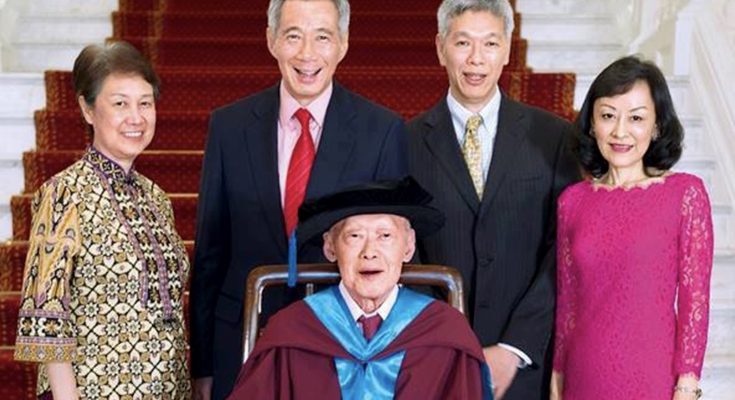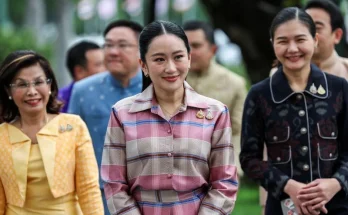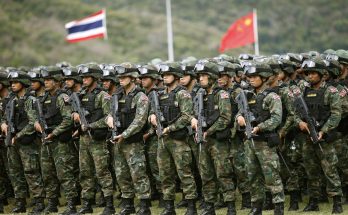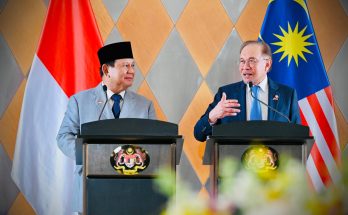BANDUNG, SEATIZENS – A notable family conflict has emerged among the descendants of Singapore’s founding father, Lee Kuan Yew. This dispute involves Lee Hsien Yang and Lee Hsien Loong, the current Prime Minister of Singapore. It highlights governance issues and family dynamics while revealing tensions surrounding political suppression and allegations of misconduct.
The discord started after Lee Kuan Yew passed away in 2015. His death intensified longstanding family tensions, particularly regarding the fate of his home at 38 Oxley Road. Lee Kuan Yew had wished for the house’s demolition when his daughter moved out. Both Lee Hsien Yang and his sister supported this wish. However, Lee Hsien Loong, then Prime Minister, stated that their father had left the final decision to the government.

This family rift underscores how power and influence linger within the Lee family, even decades after Lee Kuan Yew’s leadership. While many credit him with transforming Singapore into an economic hub, critics point to his authoritarian style, which suppressed dissent and curtailed media freedoms.
Allegations of Repression and Legal Targeting
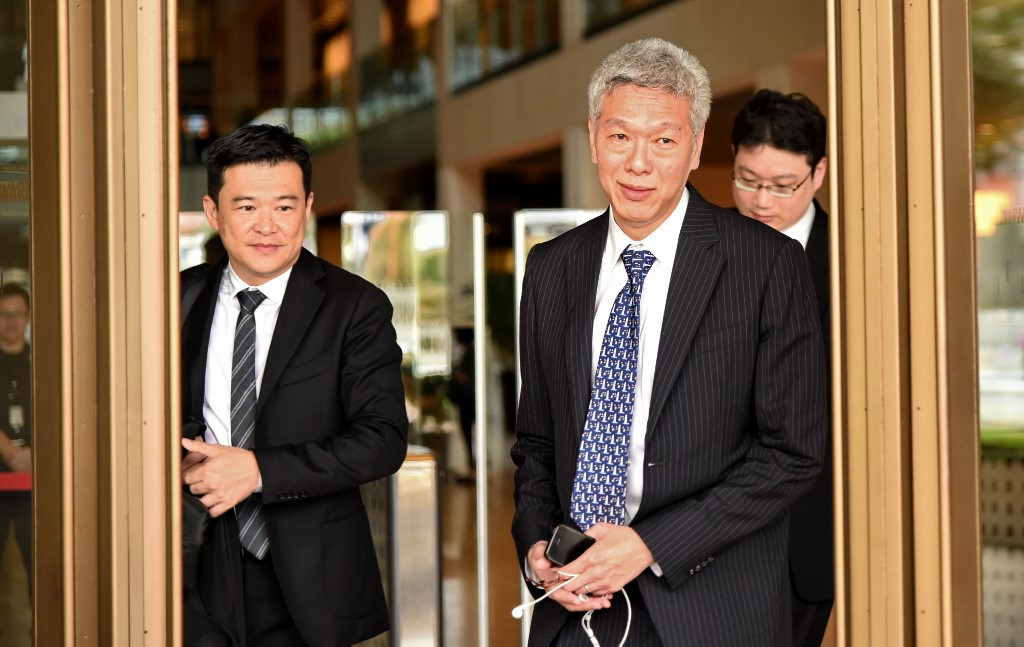
Lee Hsien Yang claims that his brother’s government has targeted their family members with unfounded accusations and legal actions. He argues that authorities have used these tactics to suppress dissenting opinions. In an interview with The Guardian on October 23, 2024, he stated, “Although Singapore’s economic prosperity is impressive, a dark side exists; the government is repressive.” This statement emphasizes the conflicting realities of Singapore’s success.
Legal troubles began in 2017 when Lee Hsien Yang’s son faced accusations of “scandalizing the judiciary” due to comments made on social media. Consequently, authorities fined him SGD 15,000, raising concerns about freedom of speech in Singapore. Additionally, in 2018, the Attorney General initiated disciplinary action against Lee Hsien Yang’s wife, Lee Suet Fern, a prominent lawyer. She faced allegations of inappropriate conduct related to their father-in-law’s will and received a 15-month suspension. This outcome intensified the tension within the family.
Corruption and International Scrutiny
Moreover, Lee Hsien Yang has called for global scrutiny of Singapore’s role in corruption. He argues, “The world needs to examine Singapore’s role as a facilitator of illicit trade involving arms, dirty money, drug money, and cryptocurrency.” His remarks convey his profound disillusionment with Singapore’s political climate, despite its reputation for stability and economic success.
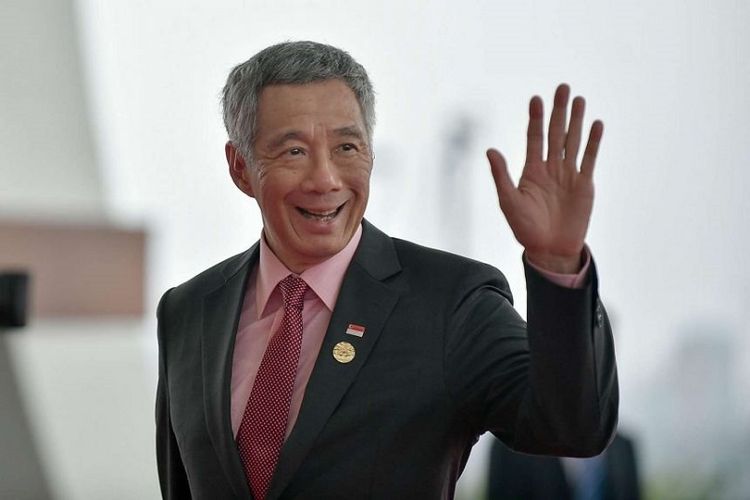
Lee Kuan Yew, who served as Singapore’s Prime Minister from 1959 to 1990, remains a controversial figure. While many acknowledge his contributions to Singapore’s independence and economic growth, critics emphasize his repressive tactics. His administration led to the imprisonment of political opponents and the establishment of a de facto one-party state.
After stepping down in 1990, Lee Kuan Yew maintained significant influence in the government until 2004. His son, Lee Hsien Loong, inherited the role of Prime Minister, perpetuating a governance style characterized by tight control.
A Shift Toward Opposition
In a remarkable political shift, Lee Hsien Yang joined an opposition party in 2020, contrasting with his family’s longstanding ties to the ruling People’s Action Party (PAP). He believes that the legal accusations against his family represent politically motivated attempts to undermine them. Consequently, his move toward the opposition reflects his growing dissatisfaction with his brother’s administration.
In fact, in August 2023, Lee Hsien Yang left Singapore for the United Kingdom, where he sought political asylum. He characterized this move as liberation from “persecution,” further underscoring the severity of his experiences.
Government’s Response
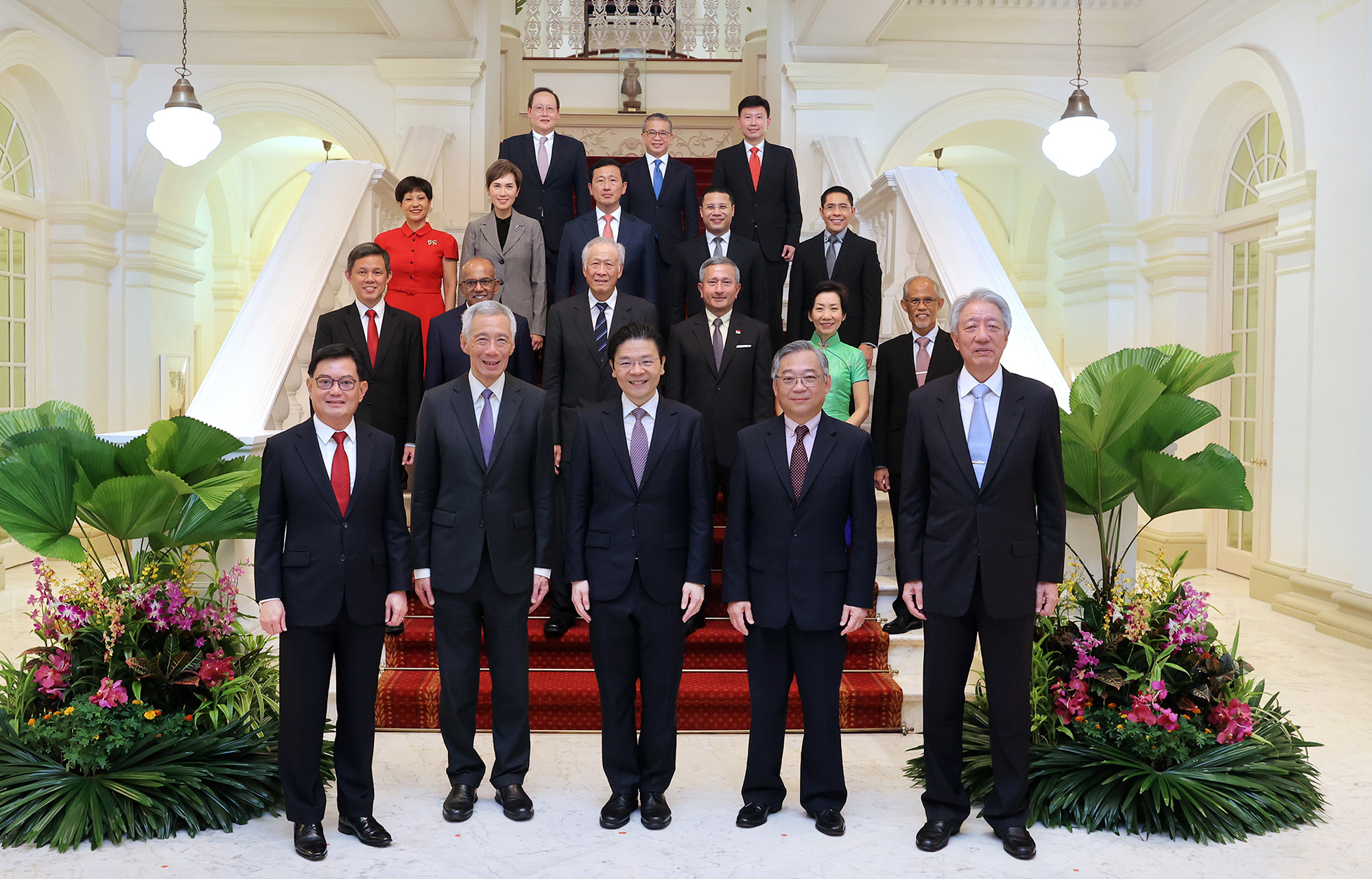
In response to Lee Hsien Yang’s situation, a government spokesperson stated that he and his family remain free to return to Singapore. However, the spokesperson emphasized that the legal accusations against him are based on factual evidence. “The legal findings against Lee Hsien Yang are fully supported by well-documented evidence from an independent judiciary,” they declared. “No one in Singapore is above the law; anyone, including descendants of the founding PM, can be investigated and brought to court.”
In conclusion, the conflict within the Lee family uncovers personal grievances and raises essential questions about Singapore’s reputation as a democracy. Allegations of repression, political maneuvering, and government misconduct highlight significant issues that require global attention. As the family saga unfolds, it challenges perceptions of governance, legacy, and the future of Singapore’s political landscape.
The legacy of Lee Kuan Yew continues to shape Singapore’s identity. However, family disagreements suggest that historical narratives are more complex than they appear. As Lee Hsien Yang seeks asylum and critiques the current regime, the dynamics of power, influence, and family loyalty come to the forefront. This situation urges a reevaluation of Singapore’s political reality and the implications for future generations.
(Firyal Trinidad)

